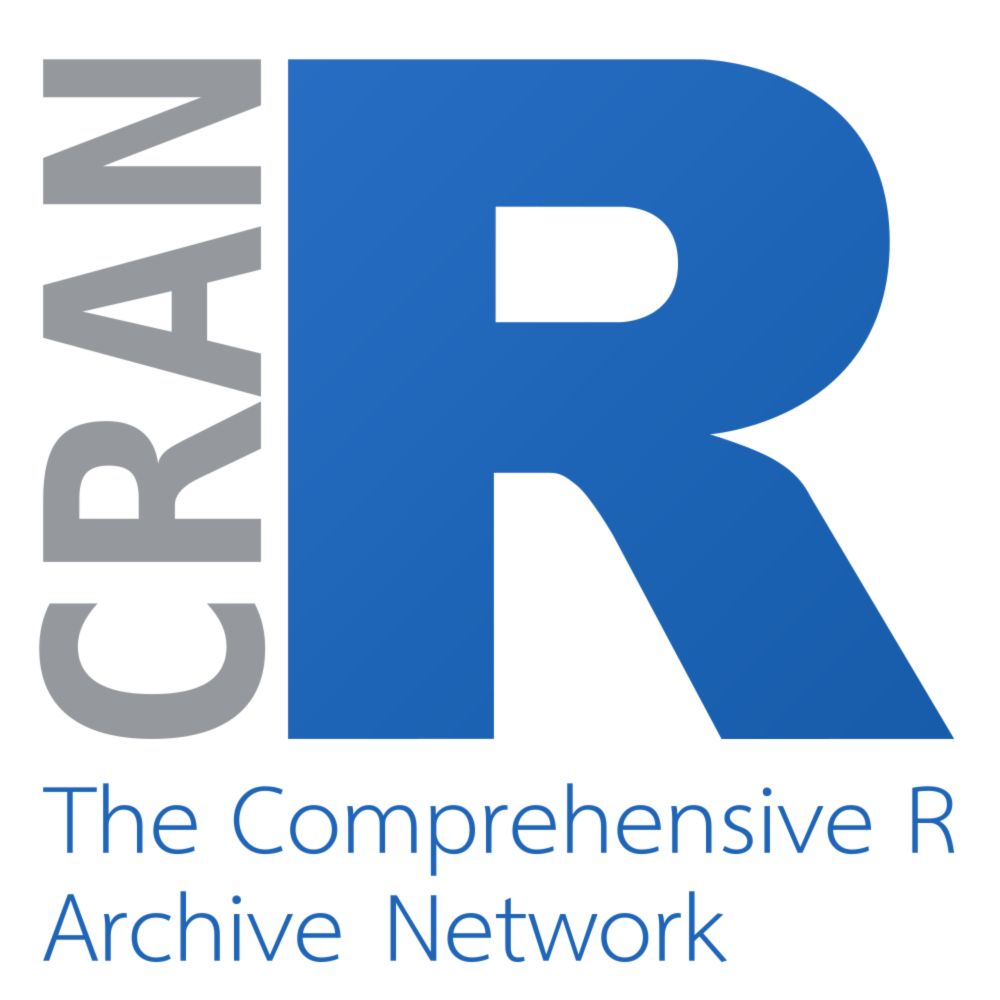






1. effectiveness of in-context learning
2. model sensitivity to changes in prompt format
3. bias-correction methods
1. effectiveness of in-context learning
2. model sensitivity to changes in prompt format
3. bias-correction methods







1. effectiveness of in-context learning
2. model sensitivity to changes in prompt format
3. bias-correction methods
1. effectiveness of in-context learning
2. model sensitivity to changes in prompt format
3. bias-correction methods
!). We compared them with the original annotations. We then re-ran the original analyses to see how much variation in coefficient estimates these LLMs give us.
!). We compared them with the original annotations. We then re-ran the original analyses to see how much variation in coefficient estimates these LLMs give us.

